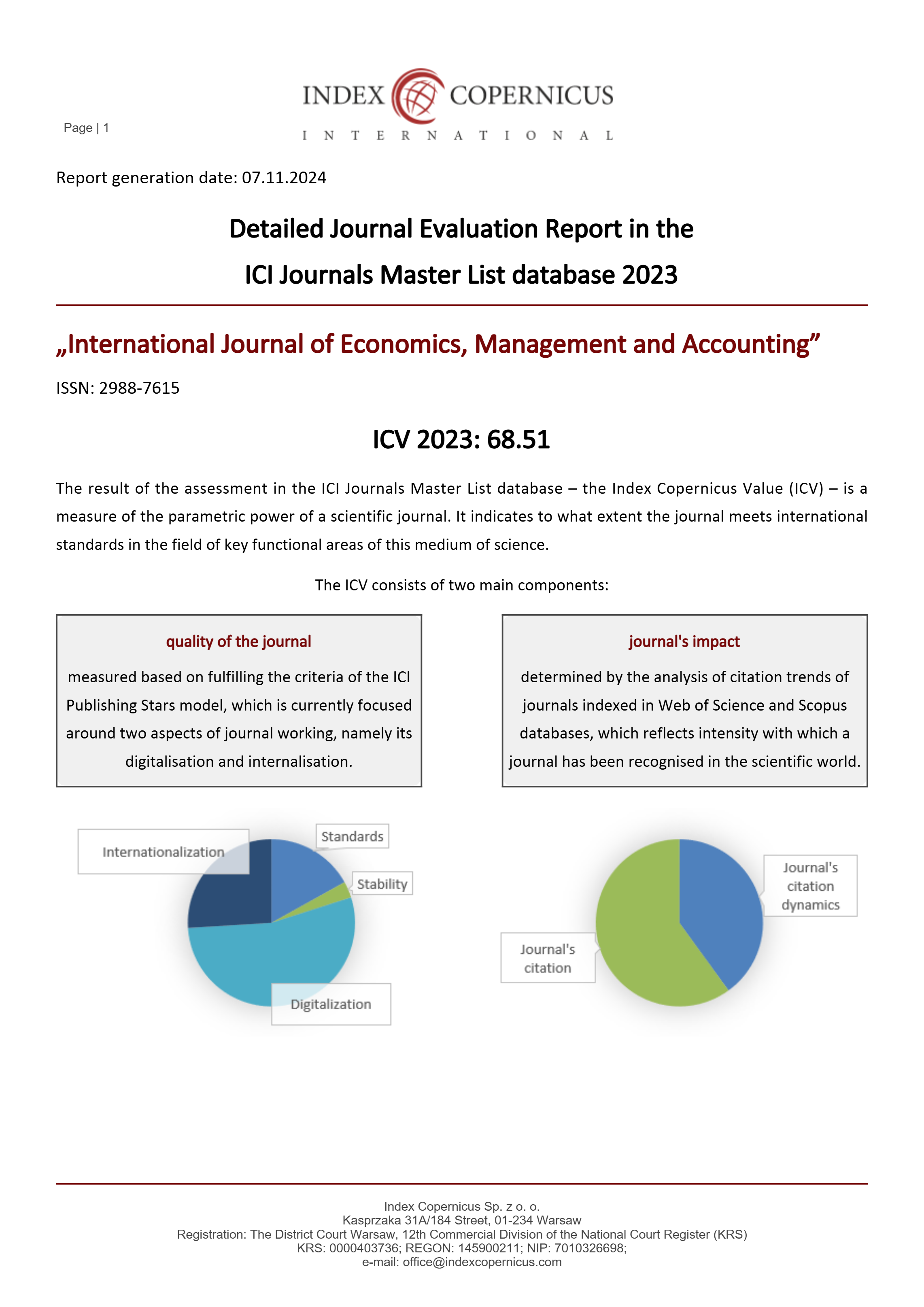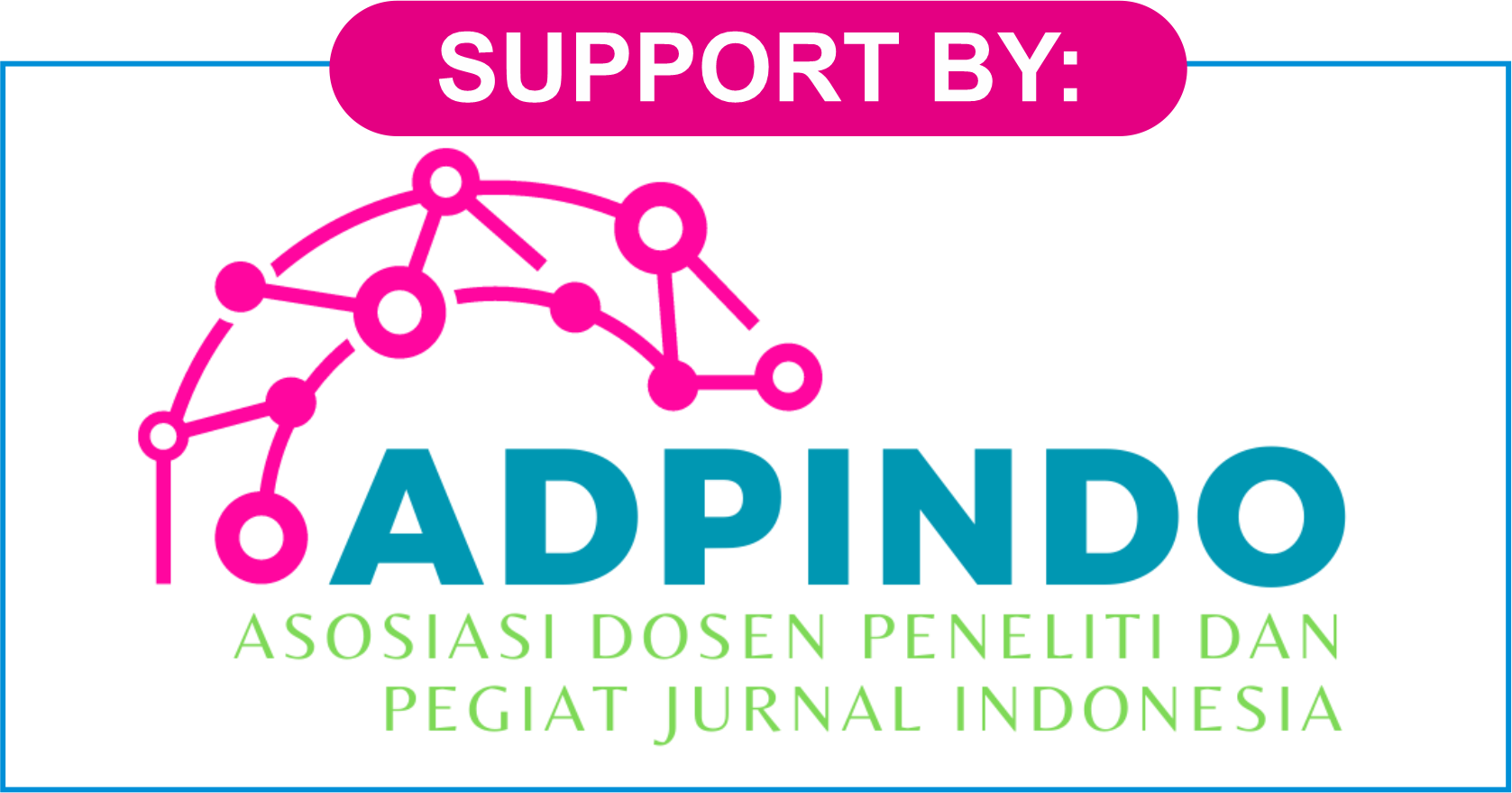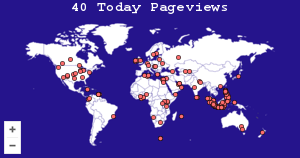Sharia Compliance and Islamic Good Corporate Governance: Evidence from BMH East Java
DOI:
https://doi.org/10.47353/ijema.v3i5.355Keywords:
Islamic Good Corporate Governance, Sharia Compliance, Zakat Institutions, Baitul Maal HidayatullahAbstract
Zakat institutions play a strategic role in socio economic empowerment by collecting and distributing Zakat, Infaq, Sadaqah, and Waqf (ZISWAF) funds to assist underprivileged communities. This study investigates the implementation of Islamic Good Corporate Governance (IGCG) and Sharia compliance at Baitul Maal Hidayatullah (BMH) East Java, focusing on their influence on institutional performance. Adopting a qualitative descriptive approach, data were collected through semi structured in depth interviews with key stakeholders, observations, and document analysis. Findings indicate that Sharia compliance constitutes the core pillar of IGCG, ensuring transparency, accountability, and ethical fund management. Despite minor operational challenges, such as administrative hurdles for certification and variable supervisory engagement, BMH East Java demonstrates robust governance practices that reinforce public trust and improve zakat distribution efficiency. This study provides empirical evidence that IGCG serves not only as a governance framework but also as a strategic tool for enhancing credibility, operational effectiveness, and social impact, offering practical implications for zakat institutions in Indonesia.
Downloads
References
Bahri, E. S., & Arif, Z. (2020). Analisis Efektivitas Penyaluran Zakat pada Rumah Zakat. Al Maal: Journal of Islamic Economics and Banking, 2(1), 13. https://doi.org/10.31000/almaal.v2i1.2642
Bahri, E. S., Salamun, A., & Arif, Z. (2022). Measuring the Effectiveness of Zakat Disbursement at Amil Zakat Institution Dewan Da’wah Utilizing Zakat Core Principle Approach. Al Maal: Journal of Islamic Economics and Banking, 4(1), 119. https://doi.org/10.31000/almaal.v4i1.5937
Ghozali, I., & Chariri, A. (2016). Implementasi Good Corporate Governance dalam Pengelolaan Zakat di Indonesia. Jurnal Akuntansi Dan Keuangan.
Hamid, S., Rahman, A., & Lukman, S. (2019). Islamic Good Governance and Zakat Management in Indonesia: Challenges and Opportunities. Journal of Islamic Accounting and Business Research.
Hermawan, S., & Amirullah, M. S. (2016). Metode Penelitian Bisnis Pendekatan Kuantitatif & Kualitatif.
Khariza, S. (2021). The Role of Technology in Enhancing Islamic Good Governance in Zakat Institutions. Journal of Islamic Finance.
Lubis, M., Ridho Lubis, A., & Almaarif, A. (2019). Comparison of the Approach in the Zakat Management System. Journal of Physics: Conference Series, 1235(1), 012048. https://doi.org/10.1088/1742-6596/1235/1/012048
Luntajo, Moh. M. R., & Hasan, F. (2023). Optimalisasi Potensi Pengelolaan Zakat di Indonesia melalui Integrasi Teknologi. Al-’Aqdu: Journal of Islamic Economics Law, 3(1), 14. https://doi.org/10.30984/ajiel.v3i1.2577
Maali, B., Casson, P., & Napier, C. (2006). Social reporting by islamic banks. Abacus, 42(2), 266–289. https://doi.org/10.1111/j.1467-6281.2006.00200.x
Noor, M. (2020). Good Corporate Governance in Zakat Institutions: Enhancing Efficiency and Transparency. Journal of Islamic Finance and Governance.
Permana, A., & Baehaqi, A. (2018). Manajemen pengelolaan lembaga amil zakat dengan prinsip good governance. Al-Masraf: Jurnal Lembaga Keuangan …. https://ejournal.uinib.ac.id/febi/index.php/almasraf/article/view/195
Razali, M., Mohd, N., Ahmad, N. A. B., Mohd Zahid, E. S. B., & Ishak, N. N. (2022). Issue and Challenges on Zakat Refund Distribution. International Journal of Academic Research in Business and Social Sciences, 12(9). https://doi.org/10.6007/IJARBSS/v12-i9/15150
Rita Fiantika, F., Wasil, M., & Jumiyati, S. (2022). Metodology Penelitian Kualitatif. www.globaleksekutifteknologi.co.id
Sakti, L. I. E., & Fahrullah, A. F. (2022). Pengelolaan ZIS Sebagai Upaya Meningkatkan Kesejahteraan Masyarakat (Studi Pada Baznas Kabupaten Jombang). Jurnal Ekonomika Dan Bisnis Islam, 5(1), 106–119. https://doi.org/10.26740/jekobi.v5n1.p106-119
Sugiyono, Prof. Dr. (2016). Metode Penelitian Kuantitatif, Kualitatif, dan RND: Vol. Cetakan 24. Penerbit Alfabeta.
Trisnawati, I., & Saefudin, A. (2018). Legal Aspects of Zakat Management in Indonesia: An Overview. Indonesian Journal of Law and Society.
Downloads
Published
How to Cite
Issue
Section
License
Copyright (c) 2025 Abdan Syakura, Fidiana, Wahidahwati

This work is licensed under a Creative Commons Attribution 4.0 International License.











